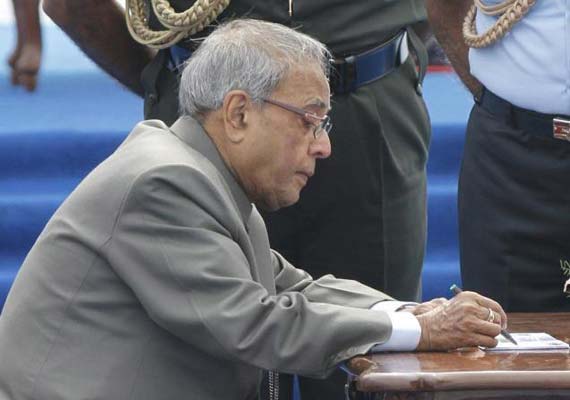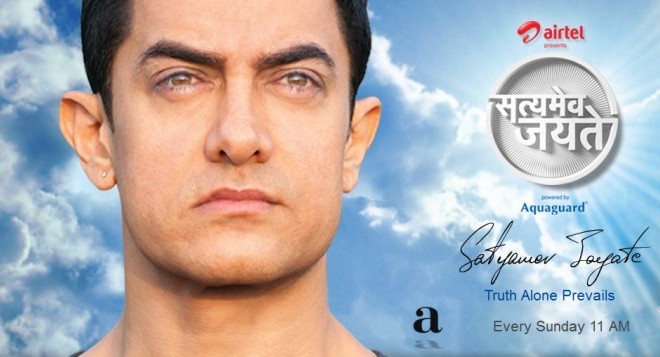India erupted to protest against the ineffectual legal system in place, to hand out severe punishments to rapists. The often indifferent politicians were forced to take notice and pass the now formulated ‘Anti-rape’ Law. Sushil Kumar Shinde, the home minister in the UPA government, profusely praised the strength of this new law, which will enable the judicial system to hand out death penalties to severe rapists.
The law has definitely broadened the scope of rape and, is now much more stringent. Under the term rape, brutal issues such as the stalking, harassing, human trafficking, acid carnages are also covered. An important aspect has been that of sensitivity. Gang rape is brought up as a severe offence while prostitution cannot be classed as exploitative anymore. Most importantly, the sexual history of a woman is not accounted for when deliberating on the topic of consensual sex. Thus, the law has become more stringent and tries to empower women from every perspective.
However, most of the politicians in India hail from an older generation and seem to be in conflict with the newly formulated law. According to Sharad Yadav, the party president of JD (U), the law has been strengthened way too much. He cites the Indian culture for reference, saying in India men have to take the initiative of talking to women first and this cannot be classed as stalking in all cases. The severity of the issue was also neglected by the politicians as close to 60 percent of the parliament was absent for voting on this newly formulated rule. Due to such pressures, the law needed to be amended. Stalking is now considered a bail-able crime, while originally it was supposed to be a non-bailable crime. Acid attacks have always threatened women in most parts of the country and yet, there exists no life imprisonment. Also, in this age where youngsters are more active sexually, the age for consensual sex still remains 18. Thus, partners indulging in under age sex will be considered criminal offenders.
Another significant issue, which has held back the strength of the new anti-rape law, is that of the marital rape. Politicians opposed the formulation of marital rape as an offence, stating that it will challenge the fundamentals of the Indian marital system. Some of them argued that if marital rape were considered an offense, it would cause even more number of divorces, asserting that such matters must be dealt with internally.
The secretary of the All India Progressive Women’s Association, Kavita Krishnan strongly condemned this ineffectuality in the law formulation process. She stated that instead of being a major landmark, the law just went on to define how the strong views of the traditionalists still rule the country.





